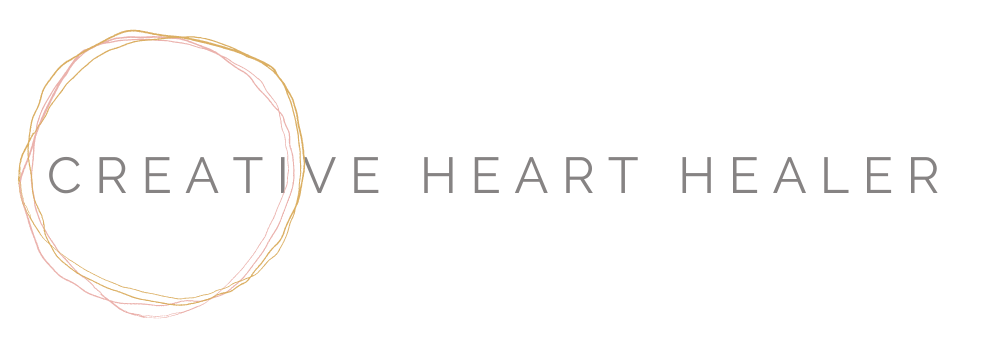5 reasons art journaling is not a therapeutic process for you YET
Are you struggling to connect with the process of art journaling in a meaningful way?
The secret is to approach art journaling with an open mind and a willingness to explore and experiment. Here’s how:
Art journaling is often touted as a cathartic process that can help individuals process their emotions and find greater clarity and understanding. However, for some individuals, art journaling may not feel particularly cathartic, and they may struggle to connect with the process in a meaningful way. Here are some reasons why your art journaling may not be a cathartic process for you (yet):
You're too focused on the end result. If you approach art journaling with the mindset of creating something beautiful or impressive, you may miss out on the therapeutic benefits of the process. Instead of focusing on the end result, try to focus on the process itself and allow yourself to explore and experiment without judgment.
You're not using it as a tool for self-expression. Art journaling can be a powerful tool for self-expression and exploration, but if you're not using it in this way, you may not experience the full benefits. Try to use your journal as a space to explore your thoughts, feelings, and experiences in a non-judgmental way.
You're not using the right supplies. While it's certainly possible to create a meaningful and therapeutic journal with just a pen and paper, using a variety of art supplies can help you tap into your creativity and express yourself more fully. Experiment with different materials and see which ones resonate with you the most. Often, having too many art supplies can be overwhelming and paralyzing, making the process un-enjoyable. (Read this post about the only art supplies you really need as an art journaling beginner)
You're not allowing yourself to be vulnerable. Art journaling can be an intimate and vulnerable process, and if you're not willing to open yourself up in this way, you may not experience the full benefits. Try to be honest and authentic with yourself as you create, and don't be afraid to explore difficult or uncomfortable emotions (remember, no one needs to see this but you)
You're not consistent with your practice. Like any form of self-care, art journaling requires consistency in order to be effective. If you only journal sporadically or when you're feeling particularly overwhelmed, you may not see the full benefits. Try to make a habit of journaling regularly, even if it's just for a few minutes each day (check out my free class to help you do this!)
Art journaling ideas for beginners - my top tips to getting started.
If you're new to art journaling and want to give it a try, here are three top tips to help you get started:
Start with a blank page and an open mind. One of the beautiful things about art journaling is that there are no rules or restrictions. Don't worry about making mistakes or creating something that's "good enough". Just start with a blank page and allow yourself to explore and experiment.
Use prompts or themes to inspire you. If you're not sure where to start, consider using prompts or themes to guide your journaling. Grab my ultimate list of art journaling prompts to help you get started. Or, you could try generating you own prompt,for example, you might choose a theme like "gratitude" and use your journal to explore what you're thankful for in your life.
Experiment with different supplies and techniques. As mentioned earlier, using a variety of art supplies can help you tap into your creativity and express yourself more fully. Don't be afraid to experiment with different materials and techniques to see what feels most natural to you. You might try using watercolors, collage, or even found objects like leaves or fabric scraps to create texture and interest in your journal.
Remember, the most important thing is to approach art journaling with an open mind and a willingness to explore and experiment. With time and practice, you may find that art journaling becomes a meaningful and cathartic part of your self-care routine. Art journaling is a deeply personal process and experience, and what works for one person may not work for another. If you're struggling to connect with the process, don't be discouraged. Keep experimenting and trying new things, and eventually, you may find that art journaling becomes a cathartic and transformative practice for you. I highly recommend taking my free class to help kickstart your own therapeutic art journaling journey.
If you enjoyed this post you might also like:





